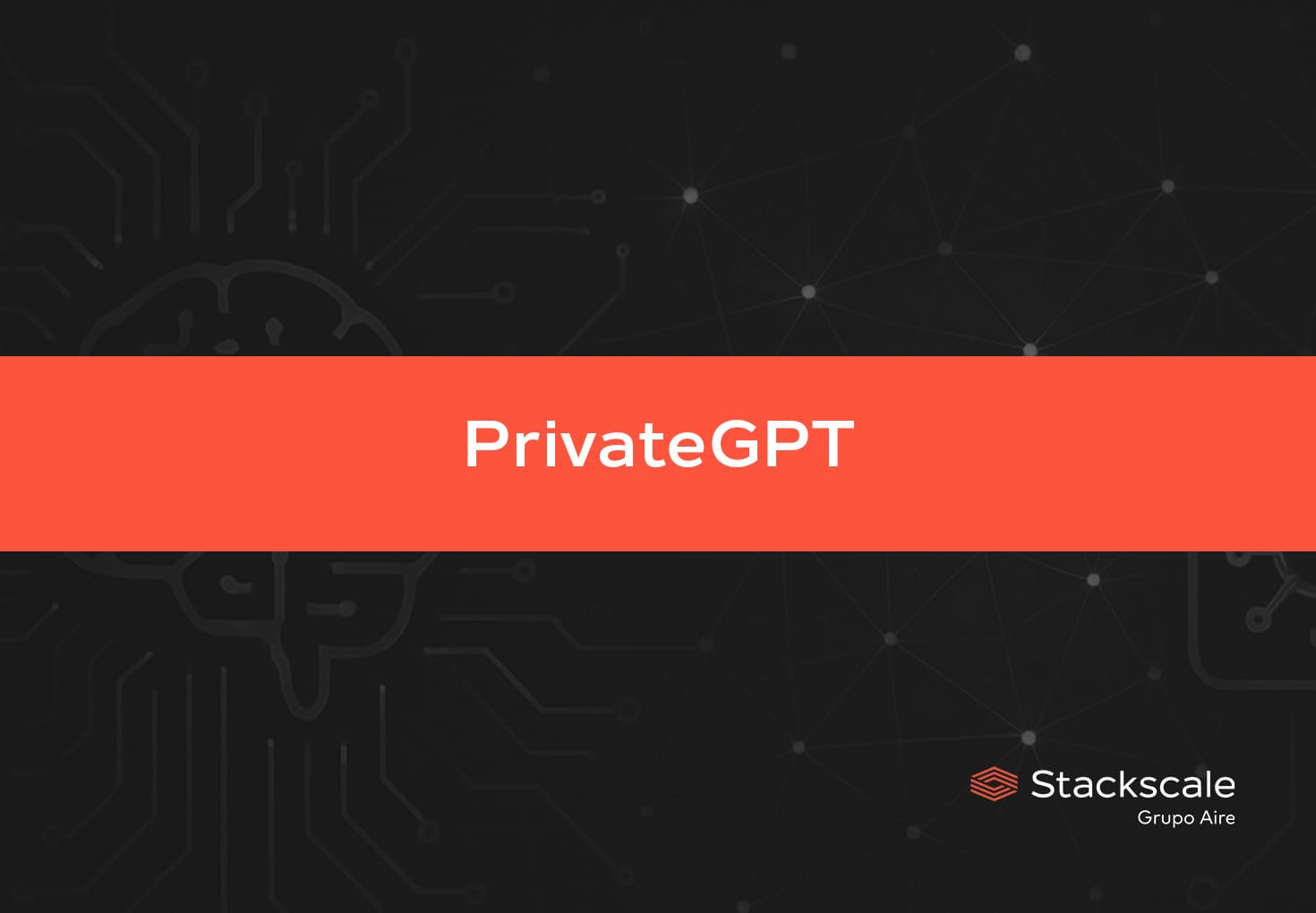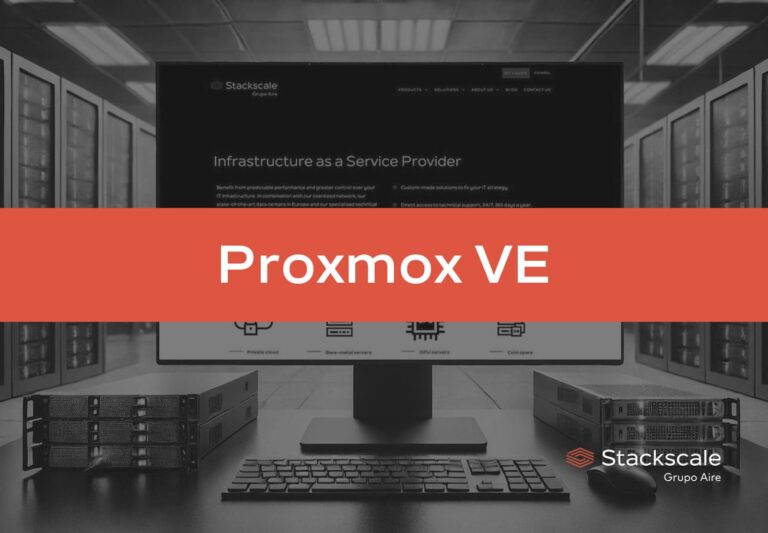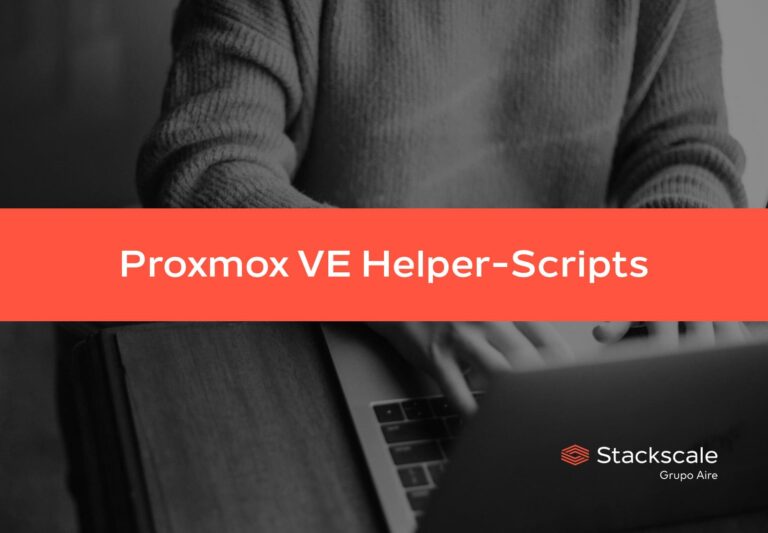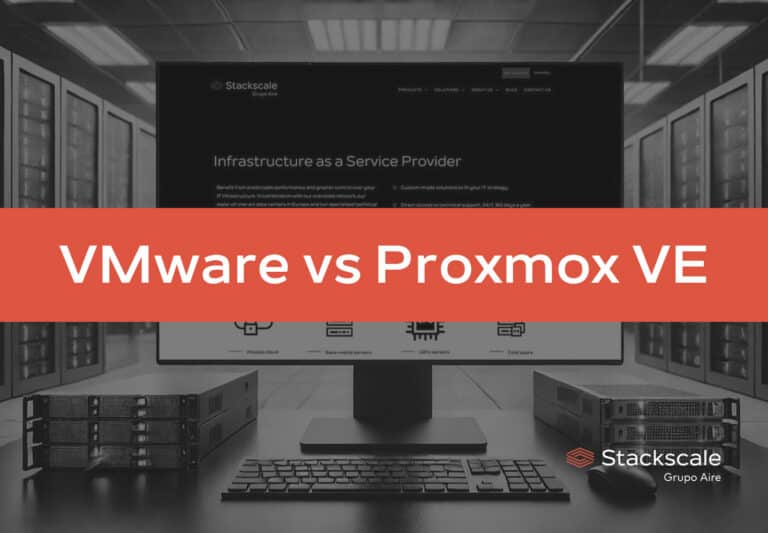The adoption of generative artificial intelligence (GenAI) is advancing at an unprecedented pace in companies. According to recent data, 75% of knowledge workers already use generative AI tools in their daily work, and nearly half would continue to use them even if their employer forbade it. This reality raises a major challenge: how can organizations benefit from AI without jeopardizing privacy or regulatory compliance?
The Challenge of Privacy and Technological Dependence
Many AI solutions on the market operate in the public cloud. When a company connects its corporate data to these services, it assumes significant risks:
- Sensitive information can leave the organization’s control.
- Technical and economic dependence on external providers increases, and unpredictable variable costs may arise.
- It is not always possible to meet legal or industry requirements, especially in highly regulated sectors.
A recent security report highlights that a relevant share of AI queries involve confidential data, often without the company even realizing it. This underscores the need for solutions that keep data within the corporate infrastructure.
PrivateGPT: Private Generative AI on Dedicated Infrastructure
To address these challenges, alternatives like PrivateGPT are emerging: an open source solution that allows organizations to deploy language models (LLMs) and Retrieval-Augmented Generation (RAG) systems directly on dedicated servers, under the organization’s exclusive control.
Changing the Paradigm: From Cloud Dependence to Technological Independence
- Before:
- Private data is sent outside the organization.
- Technological dependence on external providers.
- Variable costs based on usage.
- Now:
- Data always remains within the company’s infrastructure.
- Total technological independence and flexibility.
- Predictable, stable costs.
Key PrivateGPT Features for Enterprise Environments
- 100% On-premise Deployment: All processing takes place within the organization, with no connections to external services.
- Flexible Integration: Connects with document management systems, knowledge bases (such as SharePoint, Confluence, Drive, NextCloud, DropBox, etc.), and local file servers.
- Secure and Controlled Collaboration: Enables the creation of collaborative workspaces where each project has its own space, preventing unwanted data exposure between teams.
- Access Control and Traceability: Allows assignment of roles and permissions, logging usage, and analyzing the solution’s impact in the organization.
- Multi-format and OCR Support: Ability to index and work with over 20 types of documents (PDF, Word, Excel, PowerPoint, images, etc.).
Security and Privacy Built-in by Design
Unlike cloud solutions, in a PrivateGPT architecture:
- Data is never shared with third parties at any time.
- No information leaves the corporate perimeter.
- Only authorized members can access project-specific data.
- Risks of “cross-pollution” between projects or business areas are avoided.
- It is possible to maintain a complete access and activity log.
Technical Requirements and Sizing
To deploy PrivateGPT, it is essential to have a private cloud infrastructure or bare-metal servers with enterprise GPUs capable of handling advanced language models. At Stackscale, we offer dedicated nodes optimized for AI, with NVIDIA L40S, L4, or Tesla T4 GPUs, high-speed networks, and NVMe storage, with the following minimum recommendations:
- CPU: Minimum 8 cores, preferably 12 or more.
- RAM: Minimum 32 GB, ideally 128 GB or more for enterprise deployments.
- Storage: From 1 TB NVMe/SSD and Network Storage.
- GPU: At least 24 GB dedicated memory.
- Private connectivity and secure access.
These configurations allow serving entire teams and departments, supporting dozens or hundreds of users depending on concurrent usage.
When Does Private Generative AI Make Sense?
- When regulatory compliance is a priority (GDPR, ENS, ISO, etc.).
- If especially sensitive data is handled (legal, healthcare, industry, public sector).
- For companies seeking technological independence and avoiding variable usage-based costs.
- If you need to customize models, workflows, or integrations without depending on third parties.
Example Use Cases
- Private virtual assistants for employees or customers.
- Advanced semantic search and automatic document generation.
- Automation of reports, summaries, and analysis on internal data.
- Integration of AI into business workflows without exposing information to the public cloud.
The Future of AI in Business Is Private
The trend is clear: more and more organizations are seeking solutions that allow them to harness the potential of artificial intelligence without giving up privacy or control. PrivateGPT on dedicated infrastructure is one of the most robust alternatives to meet this challenge.
At Stackscale, we continue to evaluate and deploy this type of technology for clients who prioritize security, independence, and efficiency.
Interested in exploring how private generative AI can be integrated into your organization? If you’d like to know more about proof of concept, sizing, or real-world use cases, you can get in touch with our technical team.




